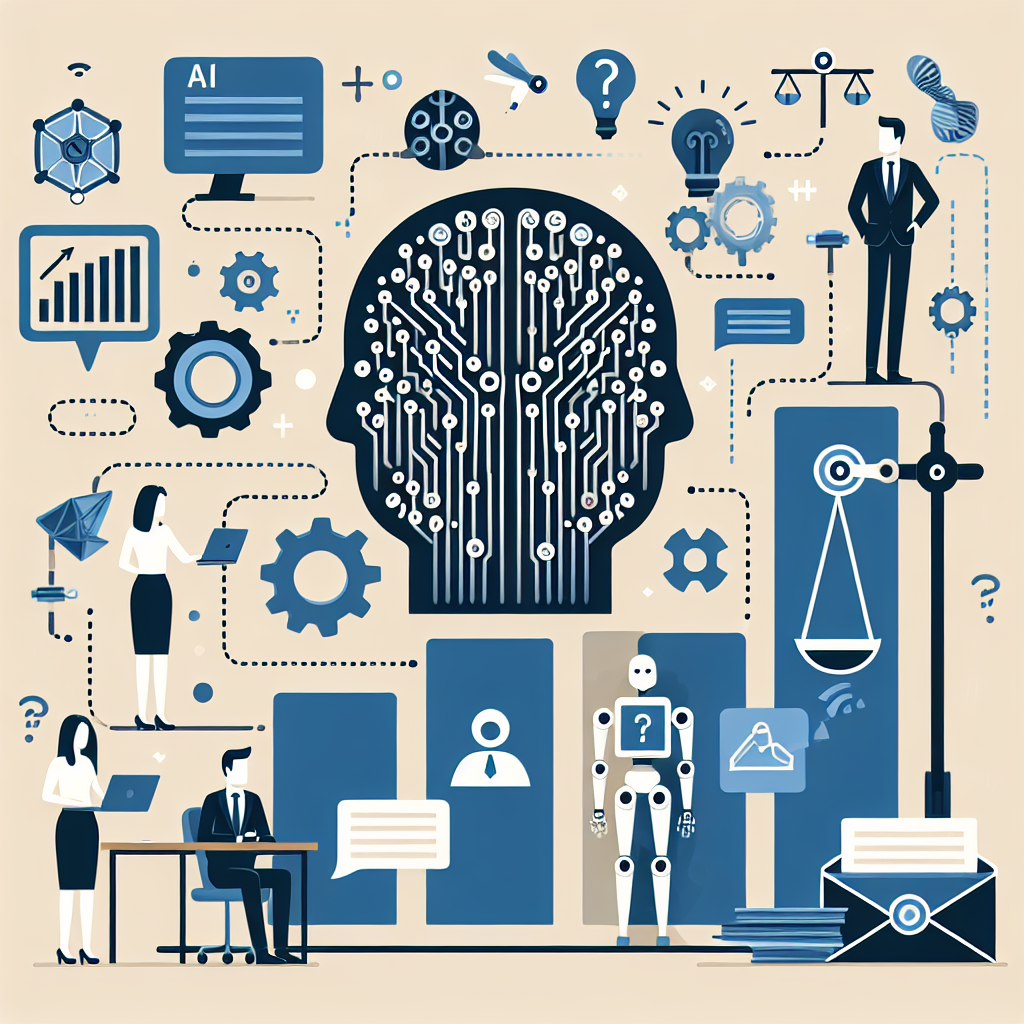
Automation in artificial intelligence (AI) is revolutionizing industries by enhancing efficiency, reducing costs, and reshaping the workforce. This transformation presents both opportunities and challenges for businesses and employees alike. To thrive in this shifting landscape, understanding AI automation and its impact on the job market is crucial.
AI automation involves the use of machine learning algorithms, natural language processing, and robotics to perform tasks traditionally handled by humans. From data analysis to customer service, AI is increasingly capable of executing complex decision-making processes. In the finance sector, for instance, AI systems are now adept at handling tasks such as discounted cash flow modeling and trade vetting, significantly boosting operational efficiency. Read more.
The integration of AI automation is leading to significant shifts in employment:
To navigate the evolving landscape, both employers and employees can adopt the following strategies:
The deployment of AI automation raises ethical questions, including concerns about algorithmic bias, privacy, and the psychological impact on workers. Organizations are encouraged to establish AI ethics committees and appoint Chief AI Ethics Officers to ensure responsible AI implementation. Read more.
AI automation is a double-edged sword, offering substantial benefits while posing challenges to the workforce. By proactively investing in education, fostering human-AI collaboration, and addressing ethical concerns, businesses and employees can harness the potential of AI automation to drive innovation and growth.